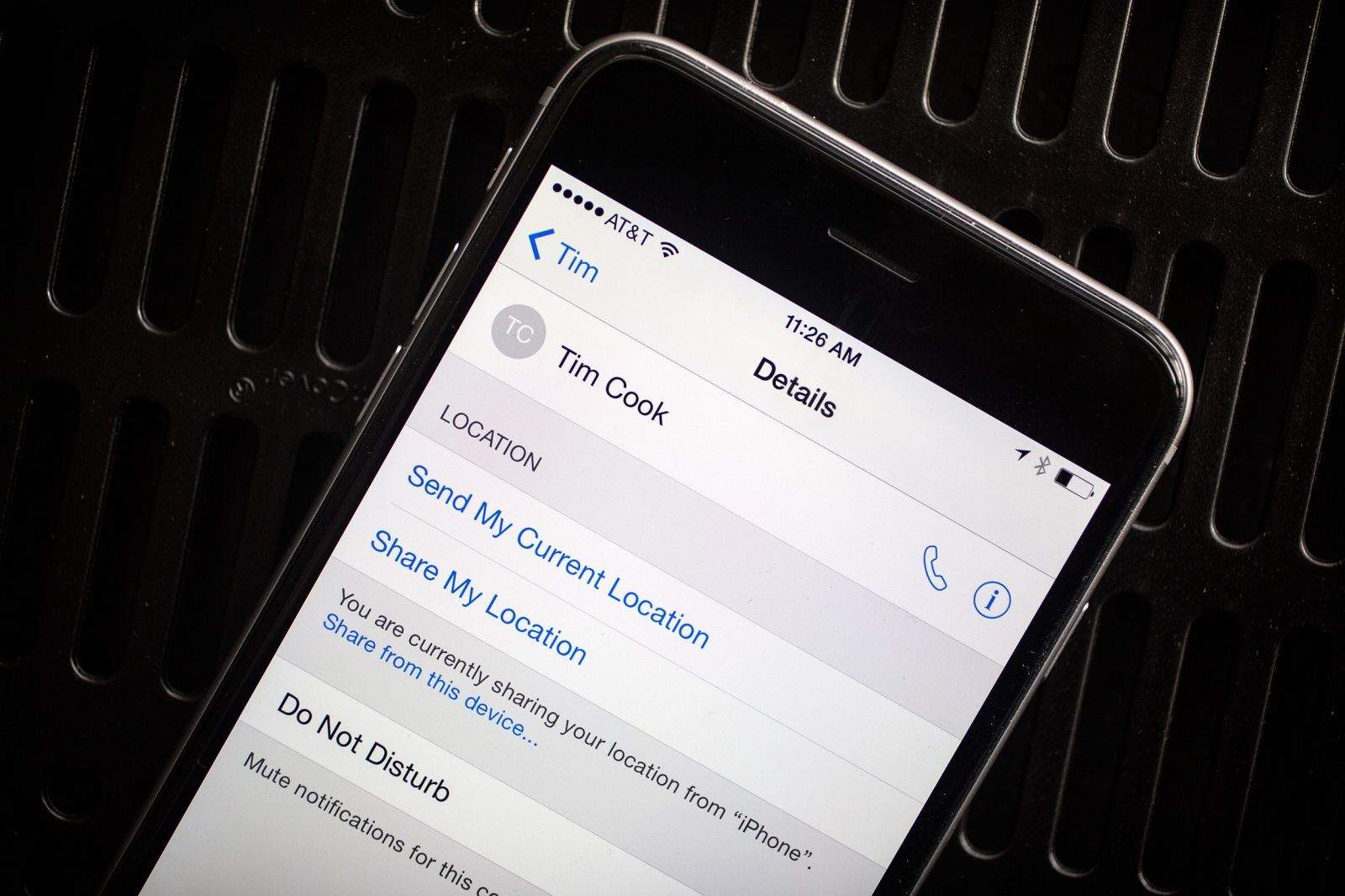

The city of 450,000, normally a polyglot mecca of foreign travelers, is a ghost town these days. Others in Cusco have far less to fall back on. At least in England we have Nathalie’s family.” “If it doesn’t we’ll have to explore other options, like shutting down the business and emigrating. “We’re waiting until March to see if the situation improves,” said Gonzales, 38, staring at a calendar he no longer bothers to update. Groups have canceled reservations months in advance, forcing the couple to dip into savings already depleted by the coronavirus pandemic. The couple’s company, Bloody Bueno Peru, which caters to mostly foreign tourists from Britain and elsewhere, hasn’t seen a customer since December, when protesters demanding the resignation of interim President Dina Boluarte all but cut off access to the ancient ruins of Machu Picchu. Along the way he fell in love with a British backpacker, Nathalie Zulauf, and together the couple built a travel business and family.īut now it’s all at risk of collapsing along with so much of Peru’s once-enviable economic stability. He started offering walking tours of the former Incan Empire capital in exchange for tips. CUSCO, Peru (AP) - Marco Gonzales ventured to the Andean city of Cusco from his home in the Peruvian Amazon in 2007 with little more than $20, a smidgeon of English and a change of clothes poorly suited for the icy mountain air.


 0 kommentar(er)
0 kommentar(er)
